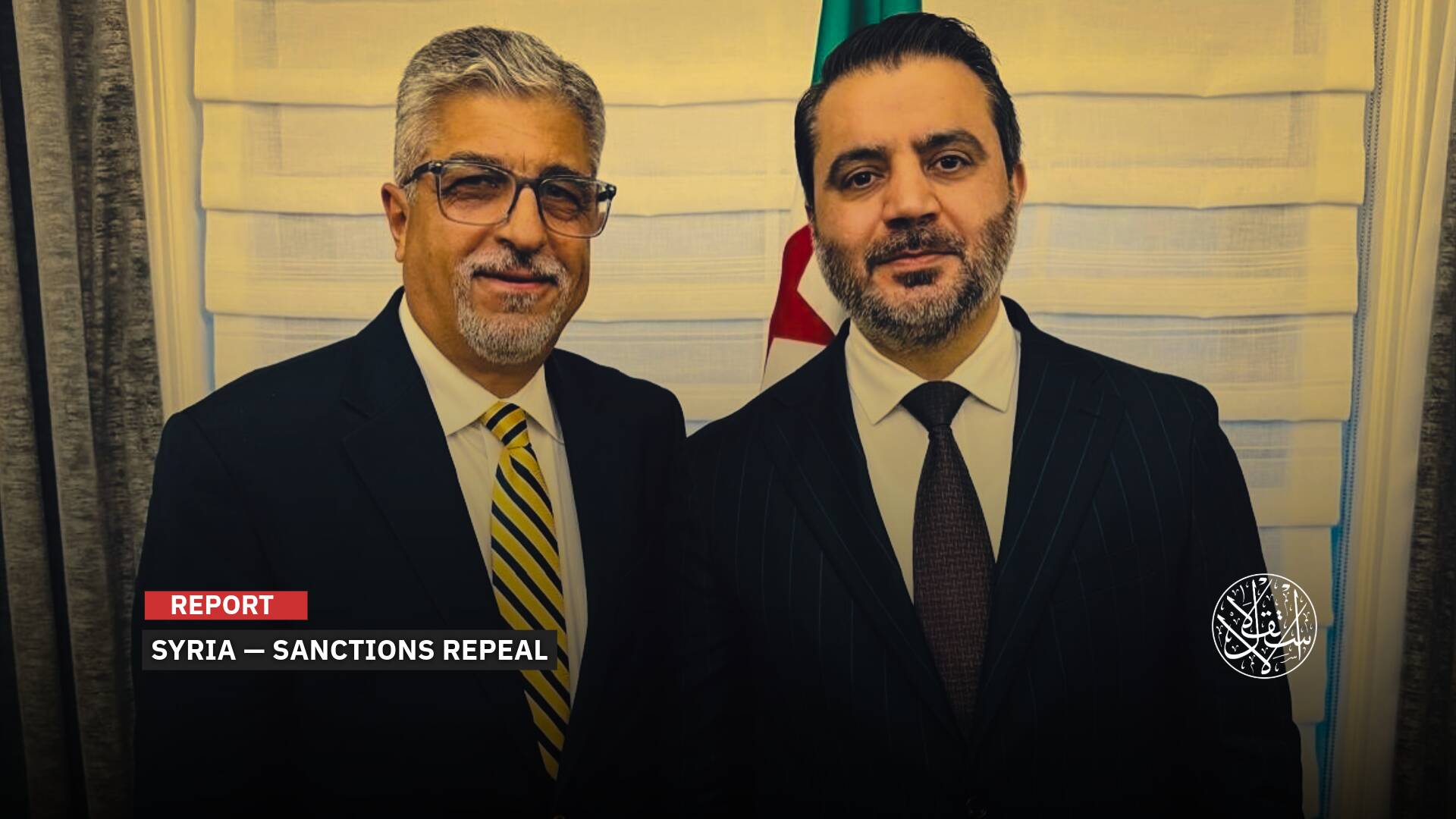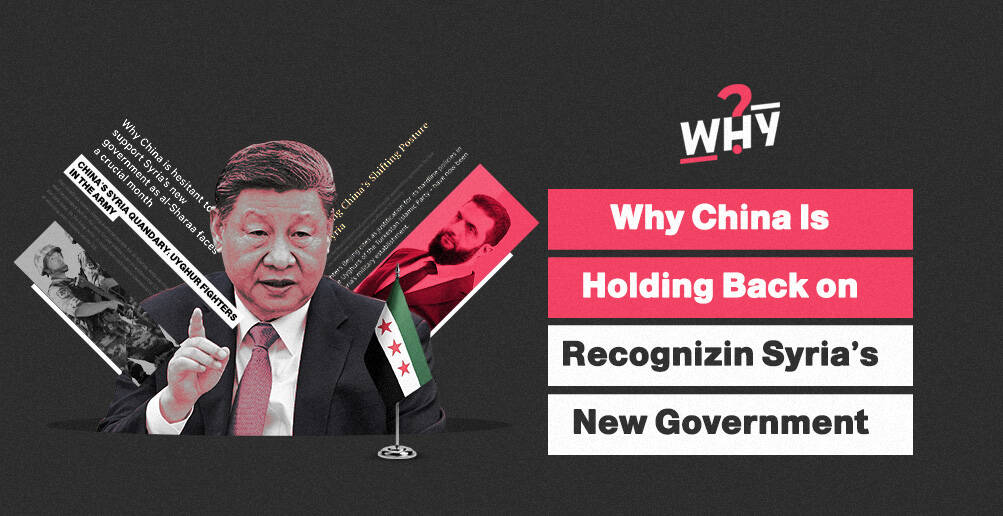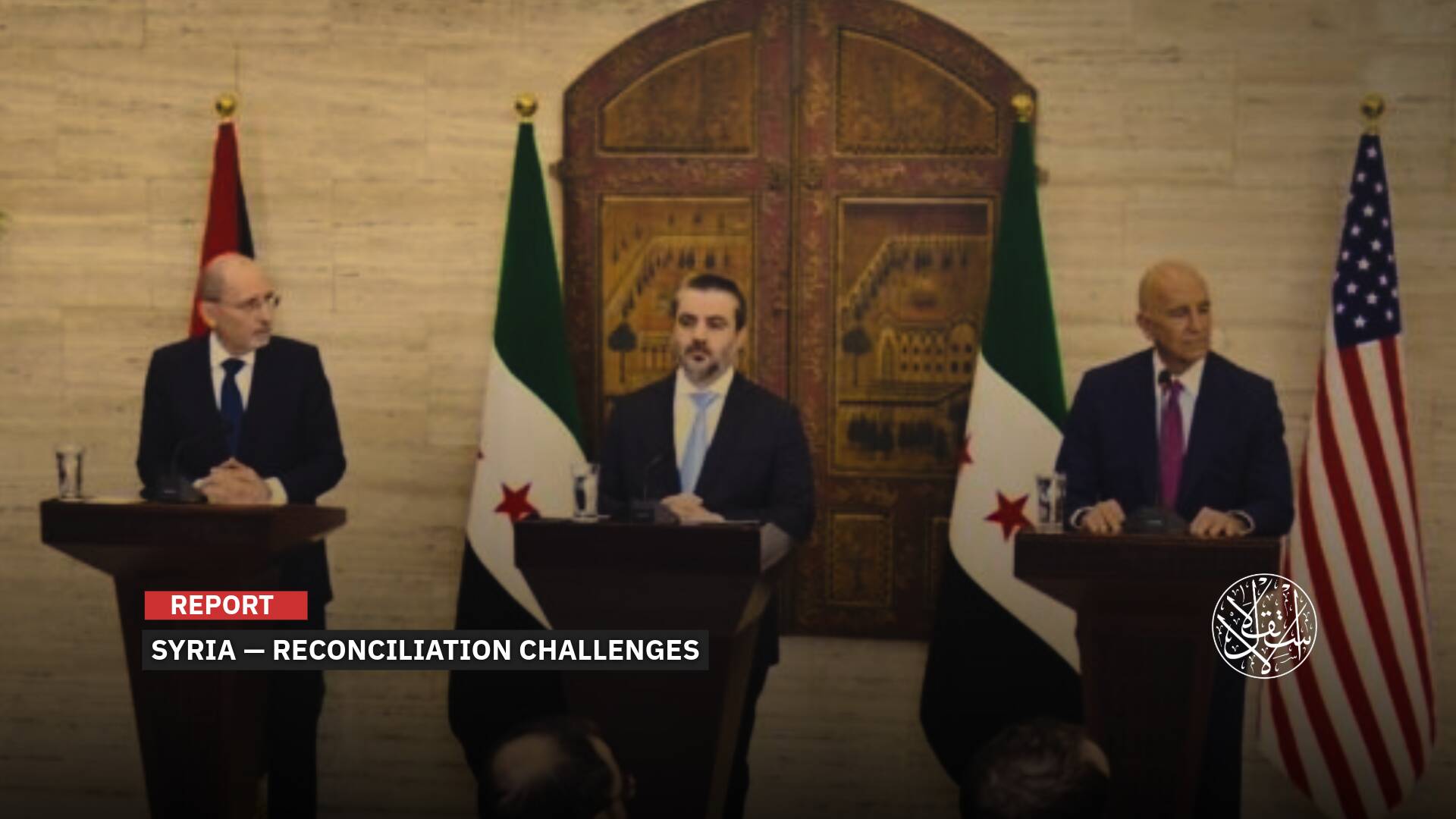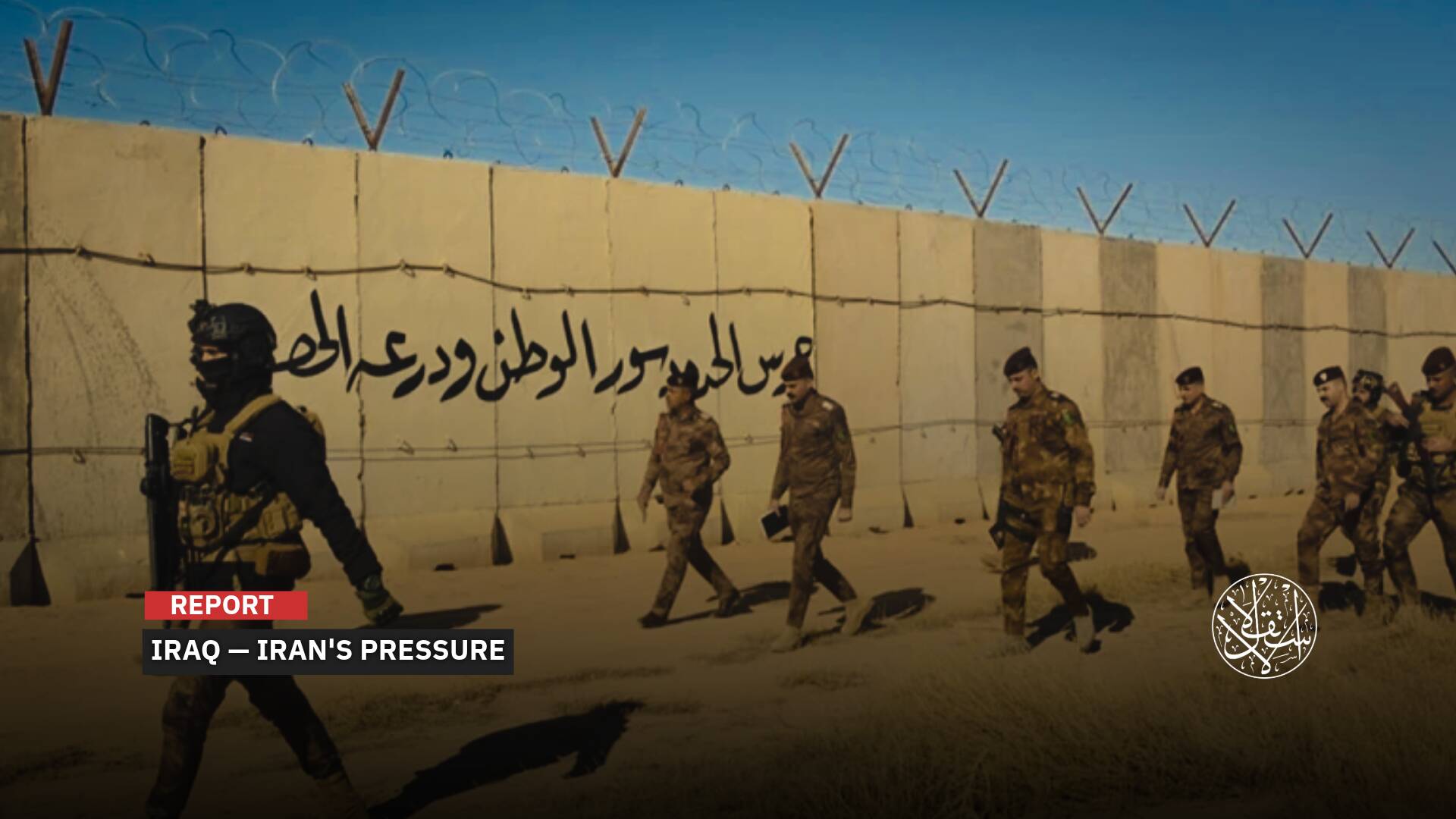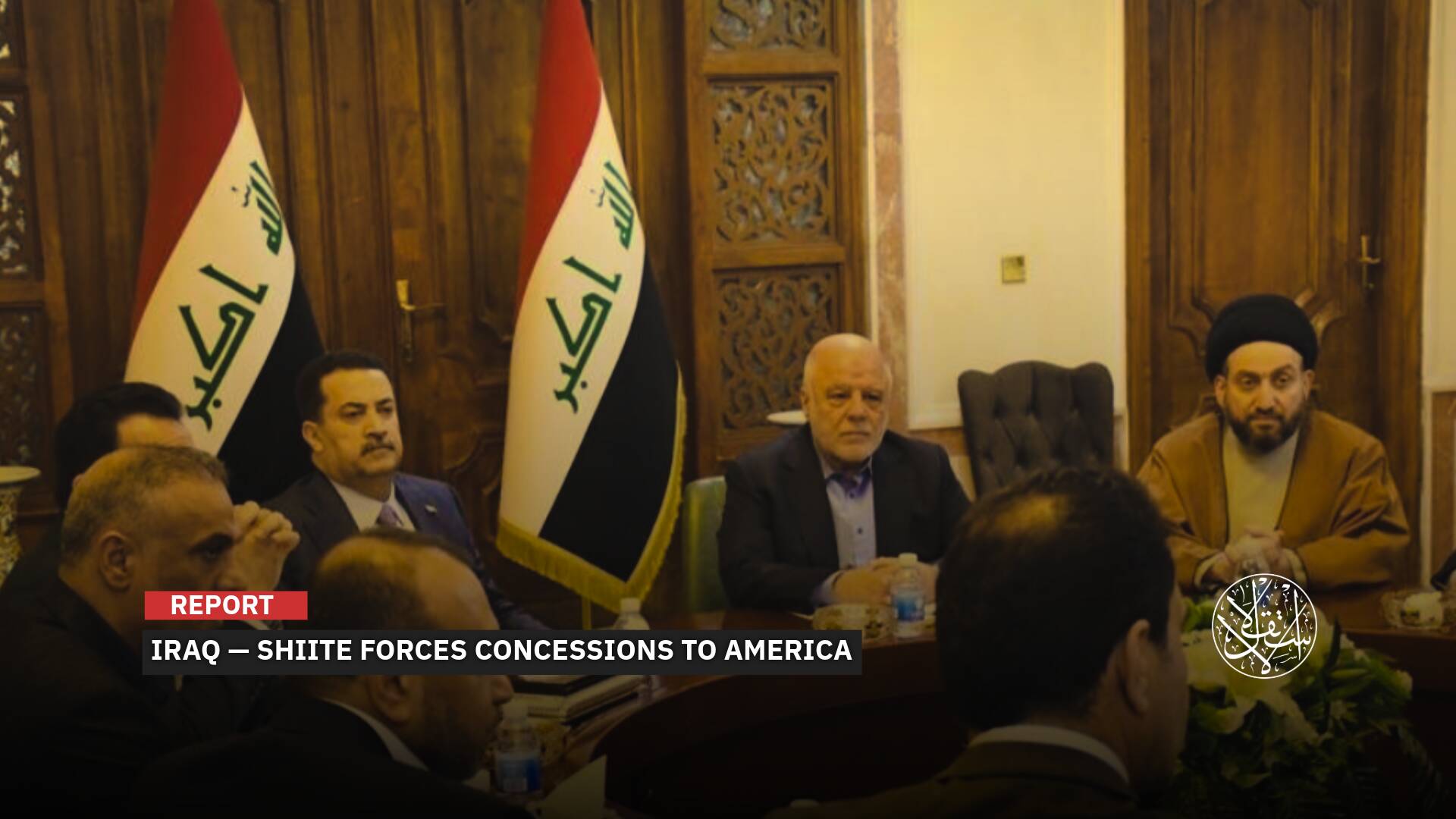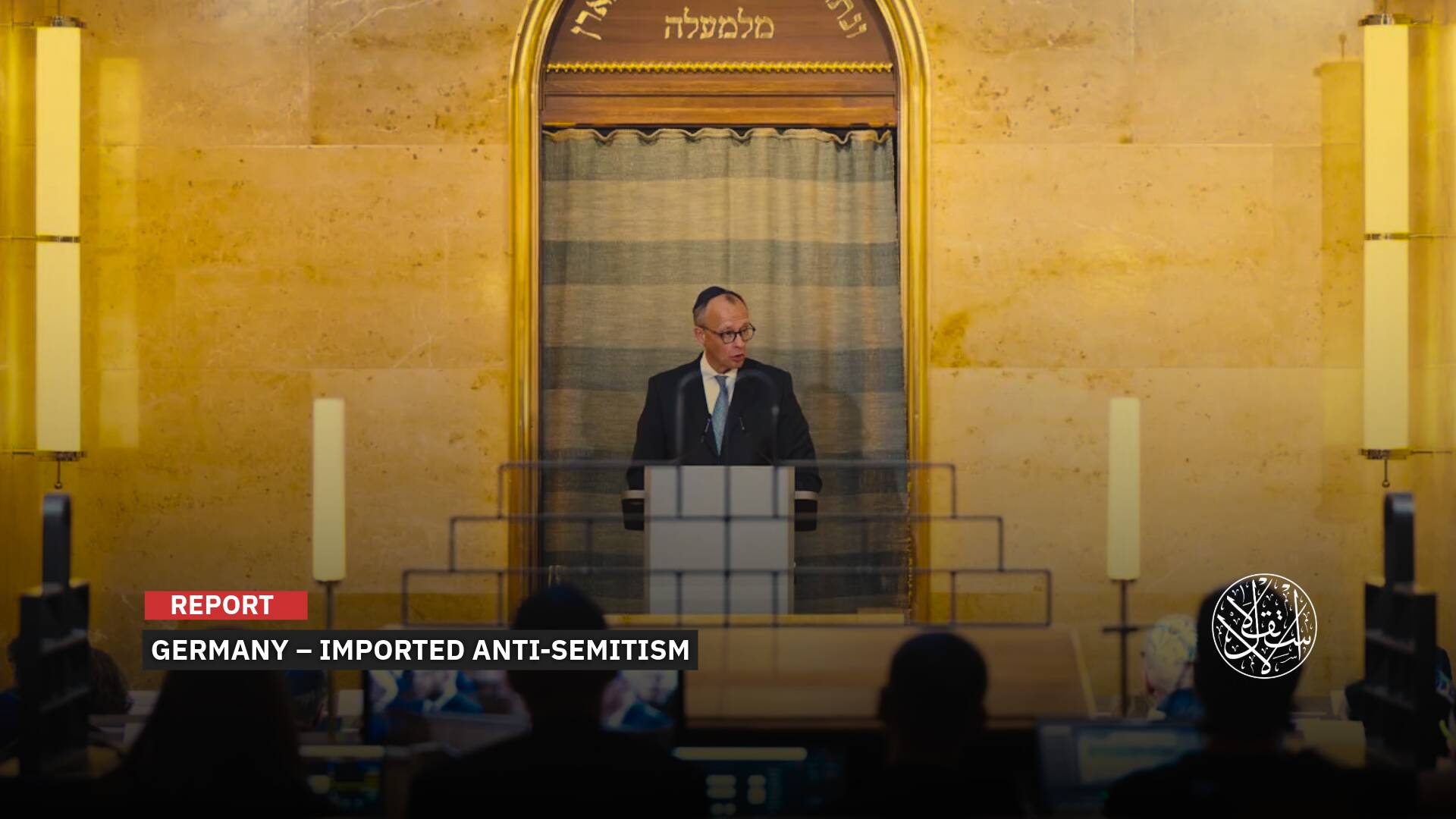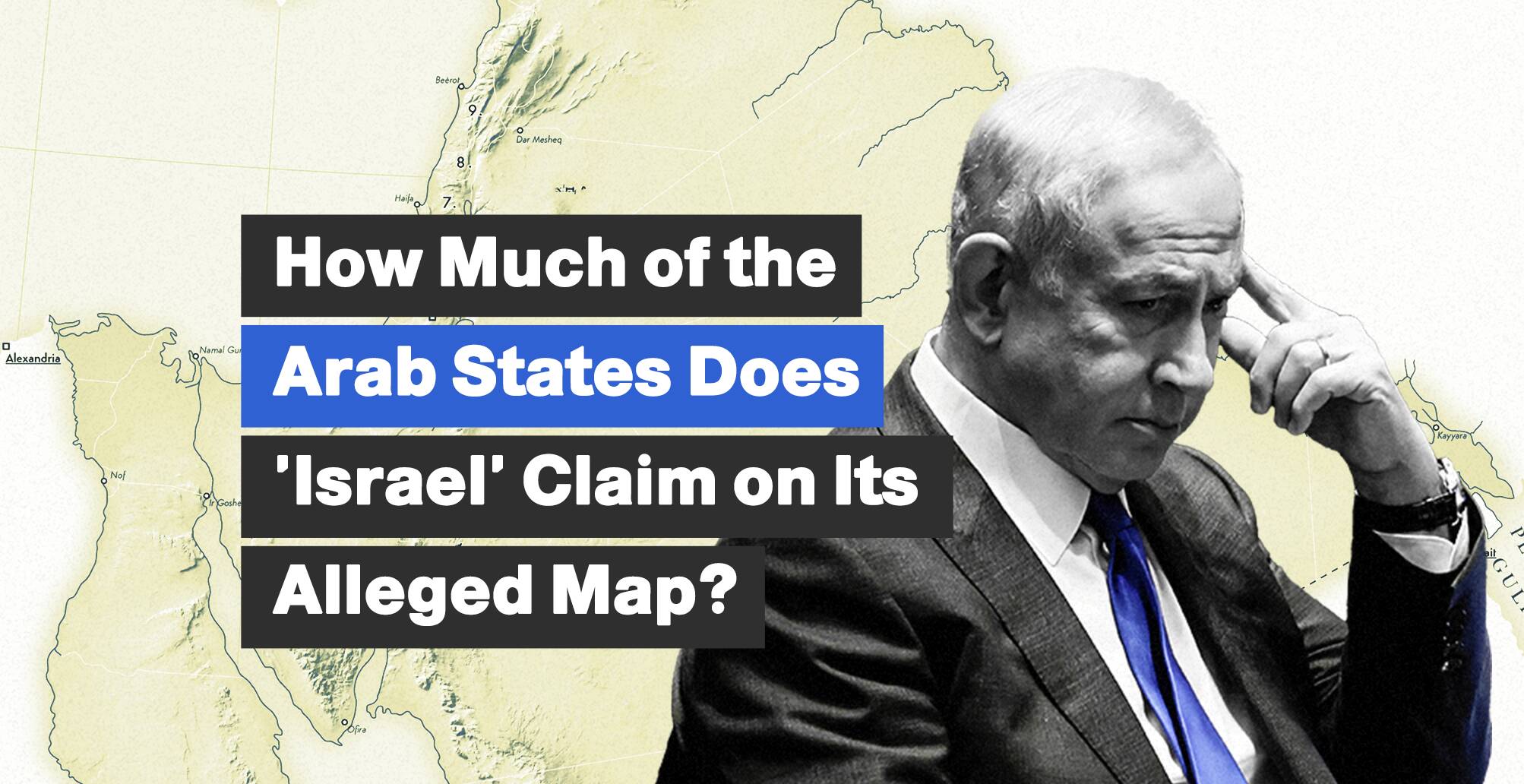Tarif Al-Akhras, Assad’s Businessman Who Was Excluded From Britain’s Sanctions

Asma al-Akhras, the wife of the head of the Syrian regime, Bashar al-Assad, returned to the forefront of the scene, through one of her close family members, Tarif Abdul Baset al-Akhras, who was removed by the British Treasury from the list of sanctions imposed on him previously, and stopped freezing his assets.
The Syrians seemed very surprised by London's position on Tarif, who is accused of financing the regime in its war against the Syrians, especially since Britain did not reveal the background of the decision issued on August 12, 2021.
The surprising action followed a regular review of UK sanctions imposed under the European Community Rules for Regional Cooperation, which were adopted in 2019.
The British newspaper, The Telegraph, considered London’s removal of Tarif from the sanctions list as the first under the new rules that it adopted after its exit from the European Union in January 2021.
Wealth and Corruption
Tarif, cousin of Asma Fawaz al-Akhras' father, is known by unique titles in the world of the Syrian economy, which is controlled by the Assad family and those close to it. Tarif tops it as the second largest exporter in Syria, according to the "Export Development and Promotion Authority."
The man in his seventies was chosen as one of the "Sheikhs of Kar", the Syrian food industry for the year 2009, according to "Al-Iqtisadi Magazine", and among those who received the title of "the chief of traders" in the city of Homs from which he hails, for the year 2010.
Tarif, who is described as "Assad's wide pocket", is not an emerging businessman, but his name was included in the list of the 100 most prominent Syrian businessmen for the year 2010.
But al-Assad's marriage to his cousin, Asma, gave him an exceptional opportunity to increase his financial wealth during the first two decades of the 21st century.
Tarif owns the "Al-Akhras Group", which was founded in 1973, and has contributed to the establishment of several companies, the most famous of which are "Al-Mabani for the production of ready-made concrete", "Middle East Mills", and a company for commercial markets that owns the "Trans Mall" mall in Homs.
He also owns a company for the manufacture and packaging of imported and local meat, and two land and sea transport companies under the name "Abra Al Sharq", which monopolize the transfer of 30 percent of imported foodstuffs to Syria.
The Syrian revolution that erupted against the regime of Bashar al-Assad in March 2011 revealed that Tarif al-Akhras was aligned with the regime, and even reserved a seat for him on the list of the most prominent businessmen who supported him.
But Akhras, who also holds Lebanese citizenship, took the first blow, when his name was included on the European Union’s sanctions list for the first time in September 2011.
The second blow came in 2014 when the British High Court sentenced Al-Akhras to 12 months in prison for insulting the court and for not paying $26 million to an American company in a food export deal to Syria.
The European Union also rejected the appeal submitted by Akhras in April 2016 requesting the lifting of sanctions against him.
But an unexpected event happened to Tarif al-Akhras, at a time when the Syrian regime was claiming to launch an "anti-corruption" campaign.
In December 2019, the regime seized his money and the “Middle East Sugar Factories” owned by the sons of Tarif, Murhaf, Diana and Noura, as a guarantee of fees and customs violations amounting to 100 billion Syrian pounds.
That was before the Assad government's Finance Ministry reversed its decision in the same month, and lifted the seizure of al-Akhras's money, claiming that "the reasons for that have disappeared."
At the time, Syrian observers attributed this decline to Tarif al-Akhras, forcing money to fill the deficit of the empty treasury of Damascus, as one of the “Corruption figures" after the year 2000.

Support for Assad's Crimes
London lifted the sanctions on a businessman known to support the Syrian regime, commented by the newspaper "The Telegraph" by saying: "Legalization of businessmen loyal to the regime, such as Tarif al-Akhras, is of primordial importance to al-Assad."
It noted that Bashar "seeks recognition and reintegration into the international community and support for reconstruction."
For its part, 28 Syrian organizations protested the removal of Tarif al-Akhras' name from the British sanctions list.
It said in a joint statement: "The resolution does not help support international efforts aimed at punishing persons or entities that assist the Assad regime in its repressive operations against the Syrian people."
Those organizations demanded London to return Tarif al-Akhras to the sanctions list, stressing that the decision "sends the wrong message to the Syrian people that whoever supports al-Assad financially or economically will not be held accountable for his actions."
The statement added that this "encourages businessmen and economists in Syria to increase their cooperation with al-Assad and his repressive apparatus and support them financially."

Plot to Avoid Sanction
The director of "Iqtisadi" website and the Syrian researcher Younis al-Karim gave a full explanation of the reasons for Britain lifting its sanctions against Tarif al-Akhras.
Al-Karim told Al-Estiklal: "The reason for lifting the sanctions on Tarif is due to the change in the type of sanctions imposed by Britain on the system in force in the European Union, which are lighter penalties."
"It means sanctions prohibiting the conduct of commercial and financial business by British citizens and British companies directly with the persons to be punished, with the exception of certain types of relief" according to the researcher.
He points out that these sanctions are "imposed as a result of a suspicious relationship between businessmen punished in deals related to oil or its industry or dealing with the Syrian government or officials in commercial or financial deals without relief, or the commission of war crimes."
He explains that "if the businessman succeeds in denying his relationship with the punished regime, and no document appears confirming his involvement in supporting war crimes, the sanctions will be lifted during the annual review of the list."
"This is what Tarif al-Akhras, supported by Asma al-Assad, worked on when his money was seized for the benefit of the Syrian Ministry of Finance."
And the director of "Iqtisadi" website stated that when "the finances lifted the seizure of Tarif's money suddenly, the latter had negotiated with the regime, according to the media, to get out of Syria, as businessmen such as Samer Fouz took control of his investments."
He points out that "Akhras no longer hears any news from him, which he used with the British government as evidence to lift the sanctions."
"A funny dispute with the Syrian regime and the seizure of its money was a play to evade British sanctions, and therefore it is believed that what was raised about al-Assad's dispute with businessman Rami Makhlouf is also part of the plot," according to Al-Karim.
Sources
- Britain Lifts Sanctions on Asma Al-Assad's Uncle, Tarif Al-Akhras [Arabic]
- Syria, the Fact of the Reserve Seizure of the Funds of Tarif AL-Akhras [Arabic]
- A Joint Statement by 28 Organizations Protesting Britain's Removal of Tarif Al-Akhras's Name From the Sanctions List and Demanding His Return to Sanctions [Arabic]


